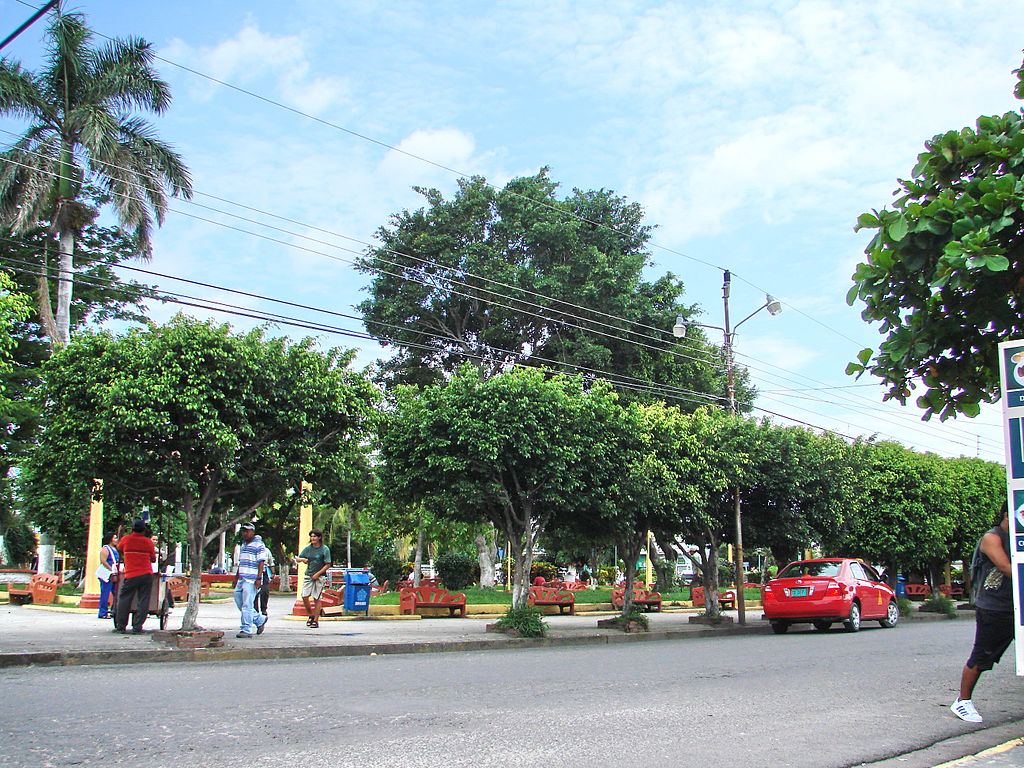Overall Score
Liberia, a small country in western Africa, lies on the margins of the Atlantic Ocean. Only in the north and east are highlands, hills, and low mountains (Mount Wuthering, 1,380 meters).
Liberia – a country with a hot, humid equatorial climate. Small rivers (St. Paul, Mano, Lofa, and others) flow from the northern hills to the ocean, forming balmy valleys, lagoons, and estuaries. Riparian forests with rich vegetation (about 15\% of the territory) are smoothly transferred from the savannahs of the interior areas. The countrys subsoil contains large reserves of diamonds, gold and iron ore.
The economy is made up of extractive industries (iron, precious metals, timber) and agriculture (cacao, coffee). The main item of revenue – duties for the use of the Liberian flag on the trade ships of other countries. Thus, the Liberian Navy – one of the largest on the planet. The countrys capital, Morocco, is a major transit port. However, the standard of living in Liberia is very low. More than 80\% of the population lives below the poverty line.
The first settlers have lived in Liberia since the 12th century. They were the tribes of Deia, Crowe, Bassa, Lal, and some others. In the 14th century the Whai, inhabitants of the collapsed Empire of Mali, appeared here, and in the 16th century under the attack of the Songhai Empire – the Grenadier tribes. From the middle of the 15th century, Europeans came here. First the Portuguese, then the Dutch and the English set up trading posts on the Coast of Costa da Pimienta (The Peripheral, or Cereal Bank) – that is how the Portuguese called the land. In 1822, former American slaves appeared here, returning to their native lands. Their tribe gradually grew, and in 1847 the independent Republic of Liberia (liberty) was proclaimed. The settlers preserved the habits and customs of the people of the South, which led to conflicts with the local tribes. Nevertheless, at the beginning of the First World War, Liberia and Ethiopia remained the only free states in Africa. Supported by loans from the United States, Liberia was an economic powerhouse that suffered from persistent state overturns. In 1989-2003, Liberia experienced several civil wars.
The countrys stable political situation has not been conducive to tourism. The main interests are the natural sites in the National Park of Sapo, the waterfalls of Koupér-Tavé, the cacoucouc placentas, Lake Piso, and the beaches (Koupér-Biché, Chougue-Biché).
Overall Score
- Tap water: No, not drinkable
- Religious government: Religious
- Population: 57,000 people
- GDP: $11,825 / year
- Foreigners can own real estate: Yes
- Power outlets: 115V230V60Hz50Hz


- Internet: 8 Mbps
- Best wireless: Movistar
- Pay without cash: No, cash only esp. for foreigners
- Tipping: Restaurant bills normally include service but it’s normal to leave an extra 5-10% for really good service. Bartenders/Cocktail waitresses 5-15%. Tour guides $2-5 per guest when in a larger group, $5-10 per guest in a smaller group. Shuttle Drivers $2-5 per passenger for assisting with luggage or providing interesting commentary during the drive. Housekeeping $5-10 per night for a hotel or lodge room and double it for kitchens or extra bedrooms (envelopes are usually provided).
- Apartments: Airbnb
- Hotels: Booking.com
- More hotels: Hotels.com
- Best hospital: Hospital San Rafael Arcangel
- Best short-haul air carrier: Nature Air
- Best intl air carrier: Nature Air
- Monthly costs for expat: $750
- Monthly costs for family: $1350
- Monthly costs for local: $380
- Meal: $3.5
- Small Cola: $0.8
- Beer 1 Pint: $1.6
- Coffee: $1.3
View Larger Map

